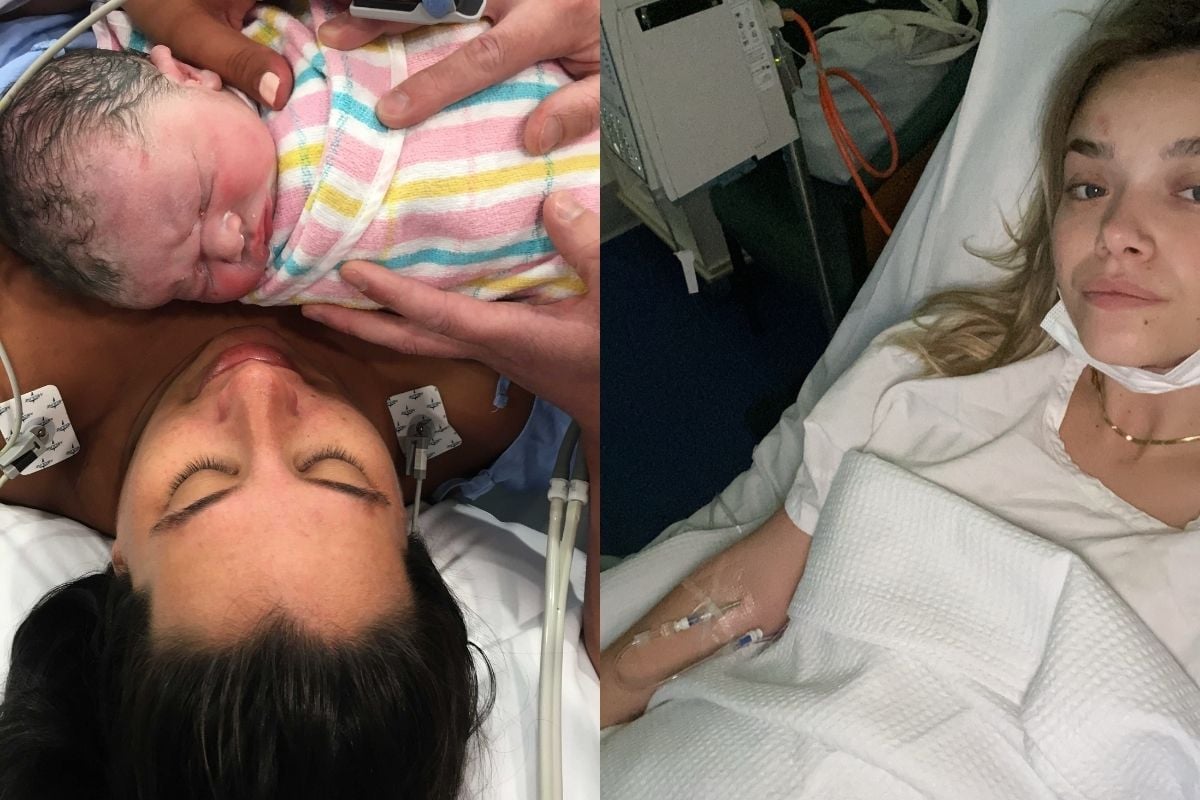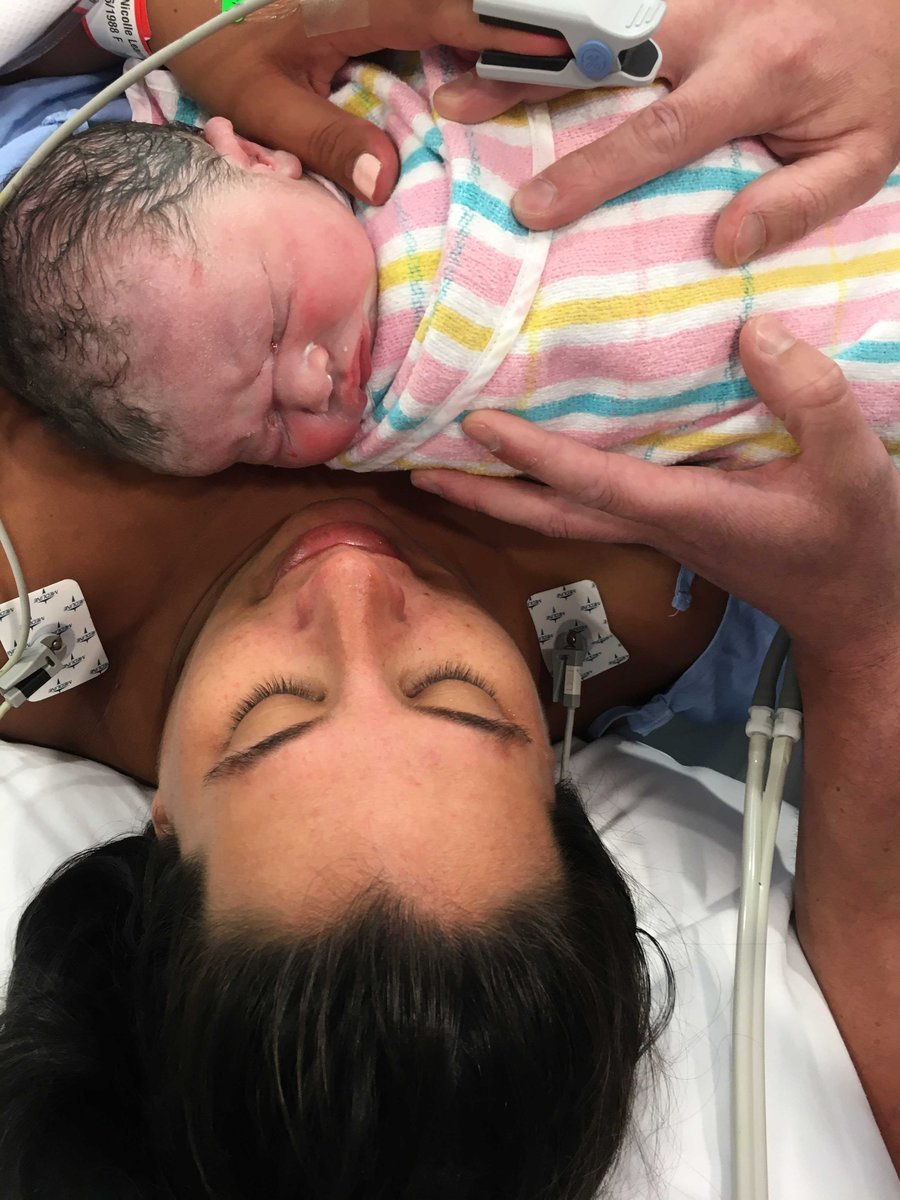
Endometriosis is a fickle beast. While some people will experience excruciating, stabbing, could-potentially-pass-out pain on the regular, others might not experience pain at all. That's because everyone's endometriosis experience is different.
And while the condition varies in severity, it's something that's shared by hundreds and thousands of women - a whopping one in 9 Australian women have endometriosis.
Yep - HUGE.
Watch: Answers guys need to know about Endometriosis. Post continues below.
But for something so common, the fact is that many people go through years - or even decades - of debilitating pain until they finally get some answers.
Here, four women share how they were eventually diagnosed with endometriosis.
Maddie, 27.
Image: Supplied.


